
A European study is testing a novel drug formulation for the treatment of a debilitating eye infection. It is also raising awareness about the risks of wearing contact lenses and the importance of prompt diagnosis of eye infections.
For the first time ever, the EU is funding a multi-centre clinical trial in Europe to develop evidence-based clinical management guidelines for patients suffering from myotonic dystrophy type 1 (DM1).
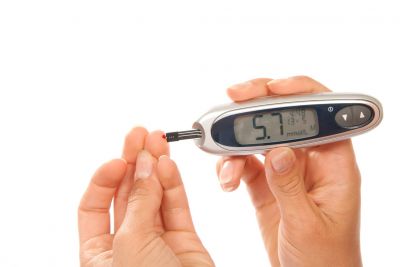
Diabetes is a metabolic disorder of increasing prevalence in modern society. Finding ways to prevent or cure this disease presents a significant medical challenge.

The continuous drive towards miniaturisation is fuelled by the many advantages this can deliver. But it requires a tremendous amount of know-how, quality and precision to develop and manufacture ever-tinier optoelectronic components of increased functionality compared to larger predecessors.
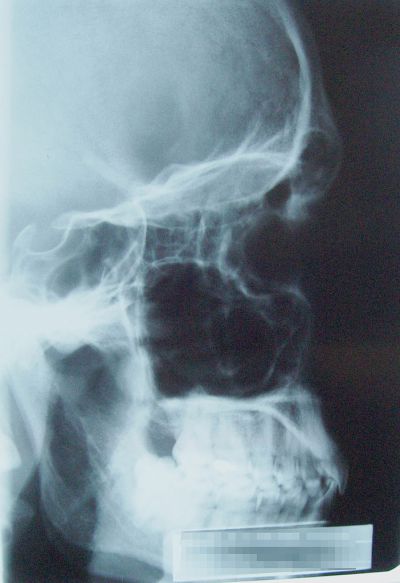
EU-funded researchers investigated the link between fat regulation and obesity-related degenerative and metabolic bone diseases such as osteoarthritis (OA) and osteoporosis (OP). Experiments have provided novel insight.
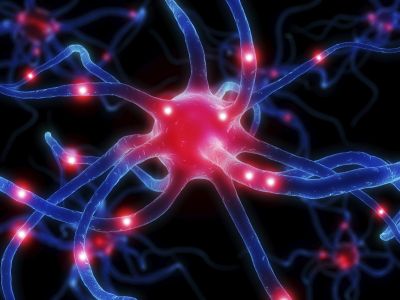
Europe presents an increasing prevalence of psychiatric and neurodegenerative disorders. Insight into the underlying aetiology is of paramount importance to design new therapies.

A study into traditional medicine practices in Madagascar has revealed the ritualistic and symbolic importance of plants thought to have healing properties.

The mouth is teeming with bacteria, most of them harmless. However, EU-funded scientists have shown that they often find their way to the arteries, remaining dormant until some trigger causes them to play a role in heart attack.

Improving long-term outcome and decreasing the adverse effects associated with immunosuppression remains a significant clinical challenge. A European study proposes to tailor the immunosuppressive regimen to individual patient needs using biomarkers.
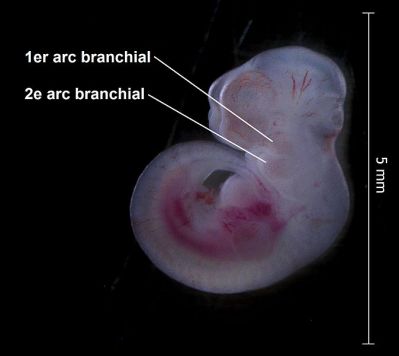
EU-funded researchers investigated genome regulation and protein folding in early mammalian development. Their work provides significant insight into genome function during early embryogenesis.

Ageing affects the brain, especially the memory. European researchers have investigated how energy usage in the brain may change as old age approaches.
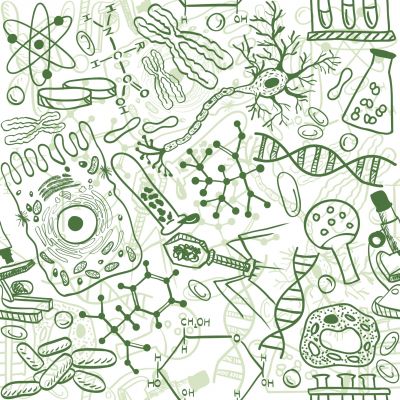
Chinese and European researchers joined forces to develop novel miniature devices for the biomedical field. Exploiting nano-patterning and microfluidics, the plethora of systems and applications promises to revolutionise analytics and delivery of minute amounts of fluids.

Europäische Forscher entwickelten neuartige Materialien für das Tissue Engineering (Gewebezüchtung). Da sie so konstruiert wurden, dass sie auf spezifische Stimuli, insbesondere bakterielle Infektionen reagieren, dürfte ihr Einsatzspektrum in der Medizin vielfältig sein.

A species of tropical marine cyanobacteria, Lyngbya majuscula, is the source of nearly 300 natural products. Some of them may help in the treatment of cancer, diabetes, HIV and Alzheimer's disease.

Cardiovascular diseases (CVDs) remain among the leading causes of death and suffering in the world. A European study turned to traditional Chinese medicine (TCM) for solutions.

The latest EU research is using magnetic tweezers to investigate unusual DNA structures at the molecular level.

Regulation of gene transcription is critical for development and growth of any organism. EU-funded research has delved into the molecular mechanisms that control the initiation of gene transcription in the developing embryo.
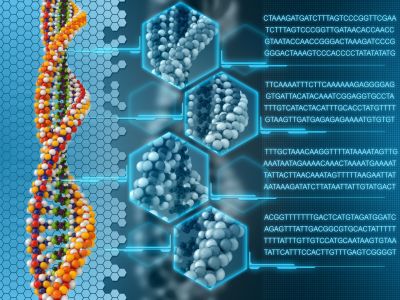
European researchers have uncovered the molecular details of one main mechanism that ensures perfect protein production in the cell.

EU-funded researchers have set out to substitute liquid and freeze-dried vaccines for new, solid state candidates. If successful, the research will enable the large scale production of new virosome-based vaccines with increased stability, longer shelf life and less invasive administration methods.
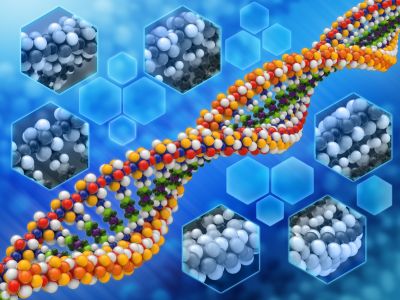
European researchers are studying epigenetic mutations to understand how gene expression is regulated in health and disease. Epigenetics influences which genes will be expressed by factors other than an individual's DNA sequence.
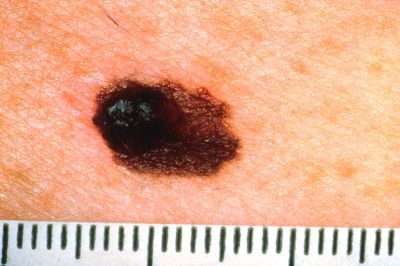
Melanoma is caused by mutations in the melanocytes of the skin. Development of a safe, efficacious melanoma vaccine that could also function in a preventative manner remains a significant challenge.

Understanding how different viruses mediate entry into a cell is central for designing antiviral strategies.

An EU study investigated diabetes self-management in adolescents using a remote e-health interface. The trial found high acceptance of the system among patients, highest among the youngest group, and no real difference between sexes.
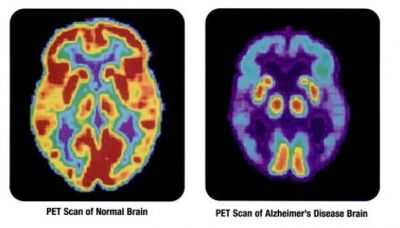
Alzheimer's disease (AD) is a neurodegenerative condition causing dementia and cognitive impairment. EU-funded researchers performed functional neuroimaging to study alterations in the brain's neuronal networks that correspond to memory impairment.

Understanding why and how people develop rheumatoid arthritis (RA) is central to the development of preventative strategies. Also, the identification of novel biomarkers should help predict disease onset.























